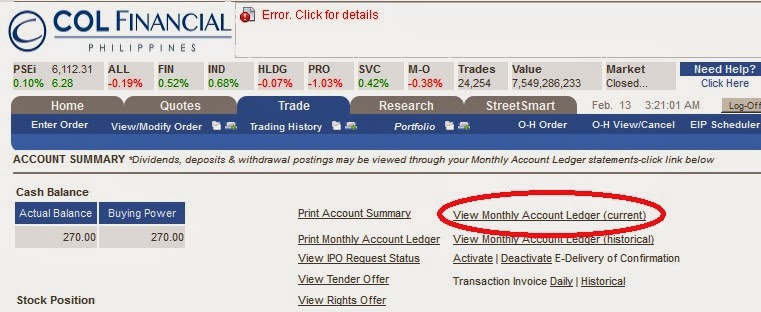The Different Kinds of UITFs and How to Choose the Best UITF For You

There are several kinds of UITFs available. In this post, I will be introducing the different kinds of UITFs available in the market these days. Basically, we can classify them based on what instruments they invest in. Stock or Equity UITFs. These UITFs invest in stocks. Some examples are the BDO Equity Fund, BPI Equity Value Fund, and the RCBC Equity Fund. Stock or Equity UITFs are high risk and very volatile. In 2008, the Union Bank large Cap Philippine Equity Fund lost about 45% but gained 85% the following year. Ideally, those who will invest in Stock or Equity UITFs should not touch their investment for at least 10 years. This will give the UITF time to recover from losses. This kind of UITF is best for people investing for their retirement. Bond UITFs. These UITFs invest in bonds. Bonds are essentially loans. When someone buys a bond, they are lending money to a government, or a company. In exchange for that money, the government or the company will pay a cer
.JPG)
